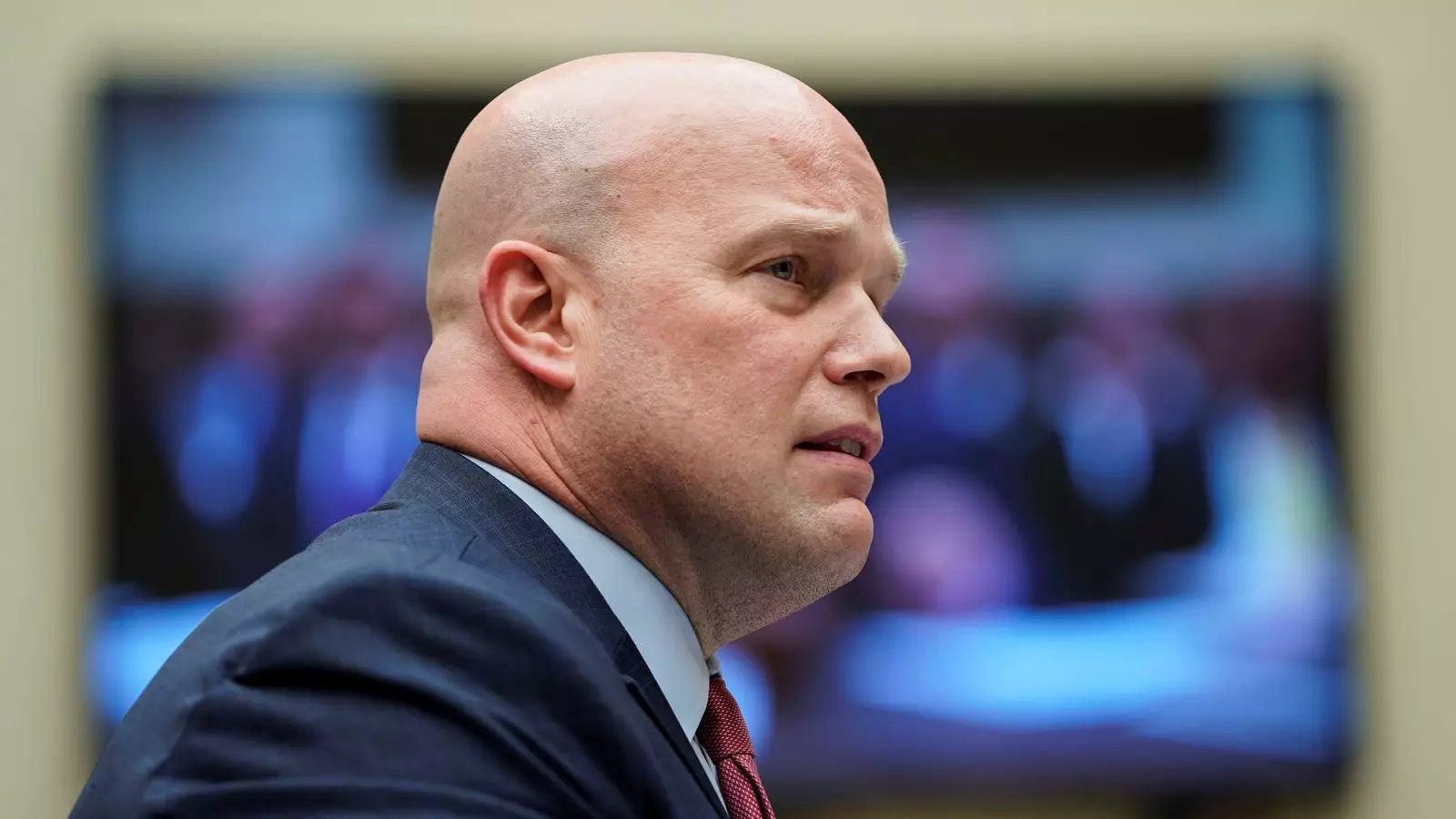The recent insistence by the United States for NATO allies, particularly the UK, to ramp up defenses to at least 5% of national income raises serious alarms about military prioritization at a time when funds could profoundly influence vital social and infrastructural needs. Matthew Whitaker, the US ambassador to NATO, made it unequivocally clear that this demand is not just a suggestion but a hard expectation. Such a bold proclamation might resonate with hardliners who favor military posturing over diplomacy, but it severely undermines the fundamental values that should guide international relations and national spending priorities.
At the heart of this message lies the notion of “Peace through Strength,” a shallow slogan that presents an illusion of security driven by military might. True peace arises from dialogue, partnerships, and socioeconomic equity, not overwhelming displays of force. The push for this heightened obligation from NATO allies demonstrates an alarming elevation of defense spending that could jeopardize resources needed for education, healthcare, and climate action, ultimately eroding societies from the inside.
The Implications for the UK
In the context of the UK, the pressure to increase defense spending to a staggering 5% arrives amidst turbulence in domestic politics. Sir Keir Starmer found himself cornered into committing to increase defense spending to 3.5% of GDP while agreeing to allocate an additional 1.5% on diverse defense-related areas as part of NATO’s broader initiative. Ironically, Prime Minister talks of merely “ambition” seemed ill-fitted to the reality that the sand was shifting beneath the UK’s feet. If the prevailing sentiment is that allies are facing unresolvable conflict, we must ask: where is the vision for a peaceful resolution?
The Ministry of Defence remains caught in a state of confusion as they grapple with the intersecting political narratives and the dawning necessity of radically increasing military expenditure. Plans to launch a strategic defense review now hang precariously at the mercy of an illustrious international pressure, signaling a critical moment that may result in contradictory domestic stances that fracture alignment within the party.
The Summit that Could Change Everything
With the upcoming NATO summit in The Hague looming, the urgency for commitment is palpable. Leaders are expected to seal pledges that not only reinforce military collective defense but also reflect solidarity in confronting Russia’s aggressive posture and rallying support for Ukraine amid its dire struggle. Yet, this raises the question of whether increased military spending is indeed the most effective tool to achieve these goals; could we not invest in collaborative security efforts, intelligence sharing, and diplomatic engagements that seek long-term stability?
NATO Secretary General Mark Rutte’s insistence that European nations must outstrip the current 2% spending guideline signals an unsettling acknowledgment that few, if any, contingencies will favor nations opting for a passive military stance. As he puts it, failing to elevate spending is tantamount to inviting ruin. However, the reasoning here lacks nuance—the mix of fear and militaristic endeavor threatens to perpetuate cycles of escalation and retaliation rather than encouraging dialogue that might lead to genuine security.
Balanced Prioritization Required
This situation calls for a recalibration of priorities among NATO allies. Investing in military spending at the expense of social welfare, public health, infrastructure, and environmental programs not only undermines domestic wellbeing but also indicates a misguided understanding of what true security means. To demand an additional 5% is not just an economic strain; it represents a fundamental re-shaping of national identities and purpose.
The path forward should point towards a reimagined perspective that embraces cooperation and diplomacy as cornerstones of international relations, not just military might. If we remain fixated on defense budgets that escalate into astronomical demands, we lose the core of what unites us as nations: humanity’s innate drive for peace, community, and mutual respect. In a rapidly evolving world that faces unprecedented challenges, we must choose wisely and assertively whether we wish to invest in arms, or invest in a shared future.


Leave a Reply